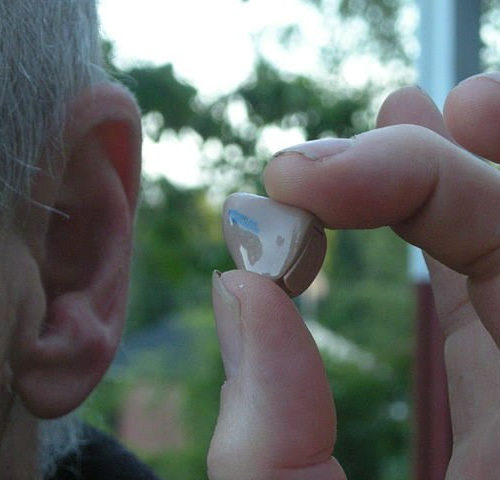Reviewed by Emily Henderson, B.Sc. How do people coordinate their actions with the sounds they hear? This basic ability, which allows people to cross the street safely while hearing oncoming traffic, dance to new music or perform team events such as rowing, has puzzled cognitive neuroscientists for years. A new study led by researchers at...
Tag: <span>musicial medicine</span>
Hearing loss: early signs of damage in young adults who regularly attend loud clubs and concerts
Going to concerts or clubs is a popular pastime for many young people, but they’re also potential causes of noise-induced hearing loss. In fact, more than a billion young people worldwide are at risk of noise-induced hearing loss – though it can be prevented. While the link between noise exposure and hearing loss is well...
Music evokes powerful positive emotions through personal memories
Music is known to evoke emotions through a range of mechanisms. A new study gives insights into the way positive emotional reactions can be triggered by music and pictures. Credit: CC0 Public Domain We all have experiences of being emotionally moved after listening to music that we have strong personal memories of or to seeing...
FOR EPILEPTICS, MOZART MAY BE MEDICINAL
New research confirms listening to a much-studied Mozart sonata has an anti-epileptic effect on children. The Mozart Effect—the notion that listening to music of the classical-era master, particularly his sublime Sonata for Two Pianos, can boost brain power—has experienced something of a renaissance. While some claims that circulated during its early ’90s media frenzy have been debunked,...

